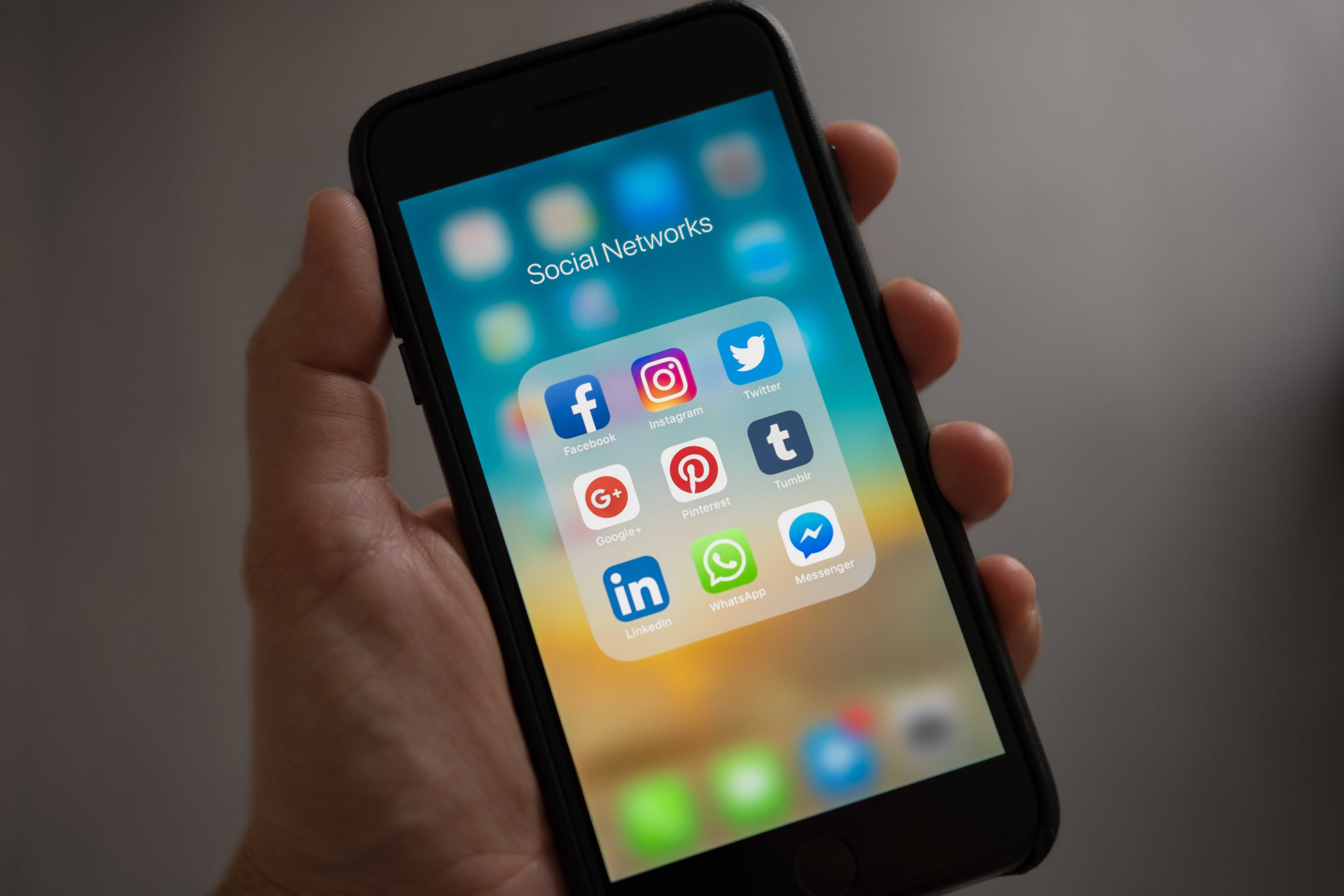Millennials in the workplace are a common topic of discussion among business outlets and Millennials themselves. However, the conversation of how Millennials and those of the younger Generation Z are adapting to an ever-changing jobs market is often ignored.
For example, the increasing popularity of social media has altered the way journalists communicate with their audience. Modern technology also provides an opportunity for freelance journalists to work remotely.
The ability to work in a remote newsroom has allowed me the opportunity to produce stories that I wouldn’t have had the opportunity to do so in decades past.
That’s why we are going to look at the positive and negatives of remote work. The youngest generations have a wealth of opportunities in front of them if they think beyond the traditional ‘Millennials in the workplace’ framework.

Positive #1: Freedom
The thought of being a digital nomad or simply working from a home office comes with numerous expectations and questions. Younger generations grew up in a digital world where making friends in different countries is as attainable as meeting someone new while walking around town.
Remote work provides that same experience. In reality, most of the technology digital nomads use is already familiar to Generation Z and Millennials. This makes for an easy entry into the digital workforce, enticing those who value freedom over being stuck in an office on a rigid schedule. Newfound freedom presents itself to those who work outside of a brick and mortar setting.

Developing the perfect sleeping pattern, work schedule, and being productive while working in pajamas are all attractive aspects of remote work. Millennials in the workplace who have become digital nomads after working in a traditional setting can attest to how freeing flexibility can be, myself included.
Note: If you’re working from different locations and being exposed to a noisy environment, you can use a noise cancelling app called Krisp. It will help you handle your conference calls noiselessly and productively.
Negative #1: Late Payments Are Common For Freelancers
Unprofessionalism exists in both traditional and digital work arenas, it’s nearly impossible to avoid an unprofessional experience in the workplace. Sadly, freelancers working remotely will deal with clients who may commonly pay them late, or possibly not at all.

A study by Bonsai has shown that nearly one-third of freelancers have their invoices paid later than promised.
“…29% of invoices were paid after they were due. Over 75% late invoices were paid within 14 days of the due date, and 90% were paid within a month. However, even these delays could significantly hamper a freelancer’s ability to pay for necessities like rent and groceries.”
The same study found that women were the most likely to receive late payment, another unfortunate reality remote freelancers have to prepare for. Being paid late is not only inconvenient, but it can also lead to feelings of financial insecurity and heightened stress levels.
Millennials and Generation Z interested in becoming freelancers should prepare for late payments, working the scenario into their monthly budgets.
Positive #2: Less Office Drama
Who really has time to deal with drama at the workplace? Numerous remote work opportunities allow for an individual to work alone and avoid workplace politics which reduce the enjoyment of many workers in traditional environments.

“We are human, after all, and some drama is part of working together. However, we need to recognize how much time we spend in workday drama. Keep an informal “drama log” similar to an interruption log. Figure out how much time you give to your own drama or someone else’s conflict”, says Mary Camuto.
It seems a lot easier to skip the “drama log” and work within the confines of your home office. While remote workers may have some unpleasant encounters with the few others they work with and clients, they are free from daily workplace drama.
Negative #2: Distractions A Plenty
Instagram. Facebook. Snapchat. Twitter.
Social media makes it rather easy for younger generations to get distracted while working remotely. Even for those not active on the platforms: music, pets, and texting are other major distractions which present themselves while working from home.
Amazon Prime Video, Hulu, and Netflix can also cause remote workers to lose focus during their normal work hours.

You’re likely to take more and longer breaks while working from a home office, sleep in later, and take extra days off when you aren’t working with a fixed schedule.
It will take a matter of discipline to sidestep the number distractions coming at you on a daily basis. You can make use of some time management apps or mac productivity apps. They help a lot in terms of eliminating all the distracting factors around you during work.
Positive #3: You’re Practically Your Own Boss
Millennials in the workplace will understand the frustration and hassle which accompanies setting aside your goals. Free time becomes constrained while working in a traditional atmosphere which demands more than forty hours per week.
Younger workers entering the digital workplace will have the ability to build a sustainable income while working towards their personal goals. It’s easier to write a novel, start another business, and travel when you work for yourself.
It’s not impossible to reach personal goals while working in a traditional job, remote work just reduces the stress involved. When working towards lifelong goals, it’s beneficial to place yourself in the most positive environment possible.
Negative #3: It Can Be Stressful
When you’re concerned over finding new clients, dealing with an agreement being broken months before the negotiated length, late payments, and staying disciplined — remote work presents challenges in a different light than traditional office work.

Those aiming to become freelancers will have to navigate those issues alone, as they are effectively their own brand. With experience and developing organizational skills, stress levels can be minimized in rather quick order.
The youngest members of the workforce should be well equipped with these challenges due to their familiarity with the hectic nature of various online communities. It can feel like a daunting task at first but coming into the digital field with proper expectations will make for a fluid transition.
Millennials in the workplace is a common topic, Generation Z is also preparing to enter the everchanging environment. Both age groups have an opportunity to thrive in the realm of remote work.


